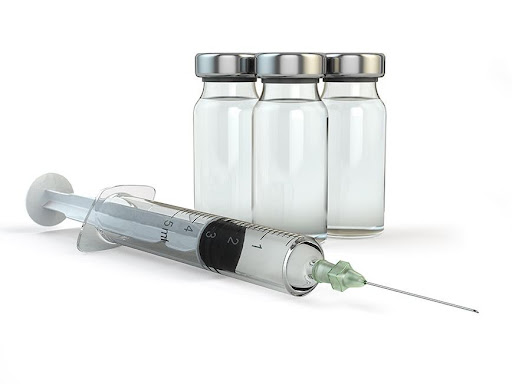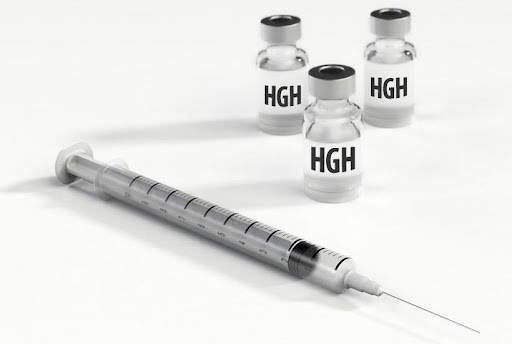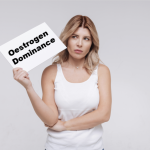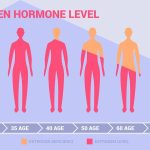The process of growth and aging in a human body that starts in childhood and continues into adulthood is stimulated and controlled by a variety of hormones. One such important hormone affecting the way we grow and age is the Human Growth Hormone (HGH).
It is produced by the pituitary gland and is responsible for producing compounds that enable our bodies to grow at a healthy rate. Unfortunately, with time, the secretion of the HGH hormone can decrease, thereby worsening the rate at which our body ages.
In this article, we have discussed some of the important ways in which the HGH hormone affects aging in our body and how HGH Therapy causes such signs of aging.
Table of Contents
What is HGH, and does it have any effect on aging?
The pituitary gland produces by nature the peptide hormone known as human growth hormone (HGH). Its main job in humans is to promote cell development and reproduction.
HGH is crucial for the growth of muscle, bone density, and overall physical development during childhood and adolescence. However, there is still interest in and discussion surrounding the issue of whether HGH has any impact on aging.
HGH synthesis tends to decrease with age, which can cause a number of alterations in the body. These manifest as the commonly recognizable signs of aging, such as loss of muscle mass, decreased bone density, reduced skin elasticity, etc.
Some HGH supporters assert that taking synthetic HGH supplements may help slow down the consequences of aging by strengthening muscular mass, promoting tissue repair, and boosting general vitality.
According to some medical studies and research, consistent consumption of HGH supplements over a monitored period of time may have some aging-related advantages. For example, HGH is associated with increased bone density and increased muscle mass in older people.
These factors are important to preserve mobility and reduce fracture susceptibility, which generally increases with age.
HGH has also been proposed as a way to reduce aging-related metabolic changes. Lean muscle mass decreases, and body fat increases as we age, which can lead to a host of health problems.
Long-Term Effects of HGH
The extent to which long-term HGH supplementation can affect growth remains unclear.
The effects of HGH on various aspects of growth have been studied in clinical trials, but the results have been inconsistent; it is still not clear what the optimal dose and duration of HGH should be.
Proponents argue that HGH supplementation can help tip the scales in favor of lean muscle mass, which can improve metabolic outcomes and help with weight management. However, the extent to which long-term HGH supplementation can affect growth remains unclear.
How low levels of HGH can make you feel old?

Low levels of the human growth hormone (HGH) are associated with several physiological changes that can contribute to common signs of aging. Since HGH is important for growth, cell renewal, and overall health, a drop in its generation can have many effects. The following is how your body and feelings can be affected.
Decreased Muscle Energy:
HGH is necessary for muscle retention and muscle growth. Low levels of HGH can cause people to lose energy and muscle mass. This leads to weakness, fatigue, and decreased ability to exercise, making people look and feel older and less energetic.
Falling Endurance:
Low HGH levels can affect endurance and energy levels, leading to increased fatigue. People who are low in HGH may find that they tire easily and find it difficult to be as active as they used to be. This fatigue can lead to lethargy and loss of interest in daily activities.
Deteriorating Bone Health:
HGH is essential for bone density and strength. Low levels of HGH reduce bone density, increasing the likelihood of fractures and osteoporosis. This can make one feel weaker and older due to loss of movement, increased discomfort, and a higher chance of injury.
Changes in Cognitive Performance
A study has confirmed a link between HGH and cognitive performance. Decreased cognitive abilities such as memory, concentration, and mental clarity can result from low levels of HGH.
These changes can make a person feel like they are seeing symptoms of dementia or other mental issues.
Poor Metabolism
HGH plays a role in regulating metabolic changes, such as how fat is used for energy. Low levels of HGH can cause metabolic changes that can lead to weight gain and make it more difficult to maintain healthy body composition. These changes can also increase the risk of aging.
How can HGH therapy help mitigate signs of aging?
One of the main ways HGH treatment can help reduce the signs of aging is by increasing lean muscle mass and bone density.
By stimulating the nervous system and supporting bone health, HGH therapy can combat muscle loss and osteoporosis that often accompanies aging, thereby reducing mobility, strength, and risk of breakdown and helping create a youthful body condition.
Additionally, HGH treatment can have a positive effect on skin health. HGH is believed to play a role in collagen production and skin firming. By increasing collagen production, HGH treatments can smooth and tighten skin, reducing wrinkles and wrinkles.
Functioning of the mind is another area where HGH treatment can provide benefits. Some studies suggest that HGH can positively affect mental abilities such as memory and mental clarity.
By increasing brain activity, HGH therapy can help individuals maintain a sharp mind and prevent cognitive decline commonly associated with aging.
HGH treatment can have a positive effect on metabolism and body composition. HGH affects metabolic regulation and fat utilization for energy. HGH therapy can help promote weight management and prevent age-related weight gain by promoting higher metabolic rates and fat usage.
It is important to note that although HGH therapy shows promise in reducing some signs of aging, the benefits and risks must be carefully weighed. The appropriateness of treatment depends on the individual’s overall health, medical history, and specific needs.
It is important to consult a healthcare professional before pursuing HGH treatment to ensure that it is the right approach and to ensure proper monitoring throughout the treatment.
Conclusion
In conclusion, HGH therapy has the potential as a tool to reduce the signs of aging by addressing muscle loss, loss of bone density, skin changes, cognitive function, and metabolism. However, it should be used under the guidance of medical experts to ensure a safe and effective to ensure youthful and vibrant quality of life.







